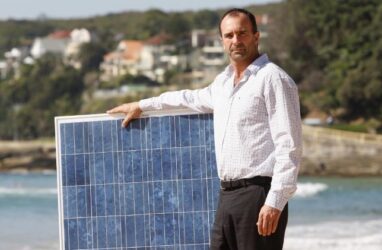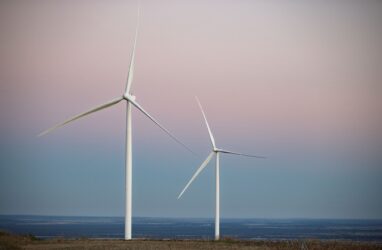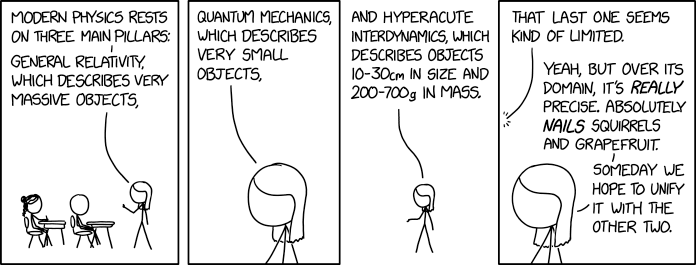By Ross Elliott from The Pulse: Increasingly, I am curious why the presence of a train station on a map immediately conjures up in the minds of some urban planners images of potentially vast numbers of people transiting by rail—an opportunity too good not to capture. ‘Transit-oriented development’ as a concept seems in practice almost
The Parliamentary Budget Office’s (PBO) 2025–26 National Fiscal Outlook shows that Australia’s combined national fiscal position has worsened compared to 2024, with deficits persisting across most jurisdictions, rising debt levels, and limited fiscal space for new spending. The report consolidates Commonwealth, state, and territory budgets to provide a whole-of-nation view of fiscal sustainability. The aggregated
Australia has seen a major decline in revenue from tobacco excise in recent years, attributed to increases in excise. A legal packet of cigarettes now costs about $50 (of which $34 is tax and excise), compared to a cost of around $15 for illegal cigarettes, which are readily available. The growth in illegal cigarettes has
When the Nationals followed by the Liberal Party walked away from their commitment to Net Zero, it was swiftly branded everything from a gift to the Albanese government to flat-out political suicide for the Coalition. In a vacuum, it certainly makes it harder for the Coalition to win back the affluent urban seats now held
The post Immigration, Net Zero and the ballot box appeared first on MacroBusiness.
Modelling by Infrastructure Australia in 2017 predicted that household water bills would quadruple over 50 years due to population growth and climate change, rising from $1,226 in 2017 to $6,000 in 2067 in real dollars. A 2021 analysis by the Productivity Commission (PC) also warned that the expected 11 million increase in Australia’s metropolitan populations
Following the release of the Q3 ABS Household Spending data, which revealed a growth of just 0.2% in inflation-adjusted terms for the quarter, concerns began to mount that the third-quarter GDP figure could be weak. After being supported by solid quarterly growth in aggregate household spending in the prior three quarters, this concern was well
Australia is a global outlier on immigration, no matter how much the government, the media, and others try to argue otherwise. Australia’s population growth is extreme relative to other developed nations. In the first 25 years of this century, Australia added 45% more people, easily eclipsing other advanced nations. This extreme population growth was delivered
The Reserve Bank of Australia meets this week and then has a long holiday until February 2026, with expectations of a hold locked in almost completely, which has sent the Pacific Peso higher in recent weeks: After finding a base around the 65 handle, with a brief dip below on some wonky US reports, and
The post Australian dollar flying higher into RBA sights appeared first on MacroBusiness.






